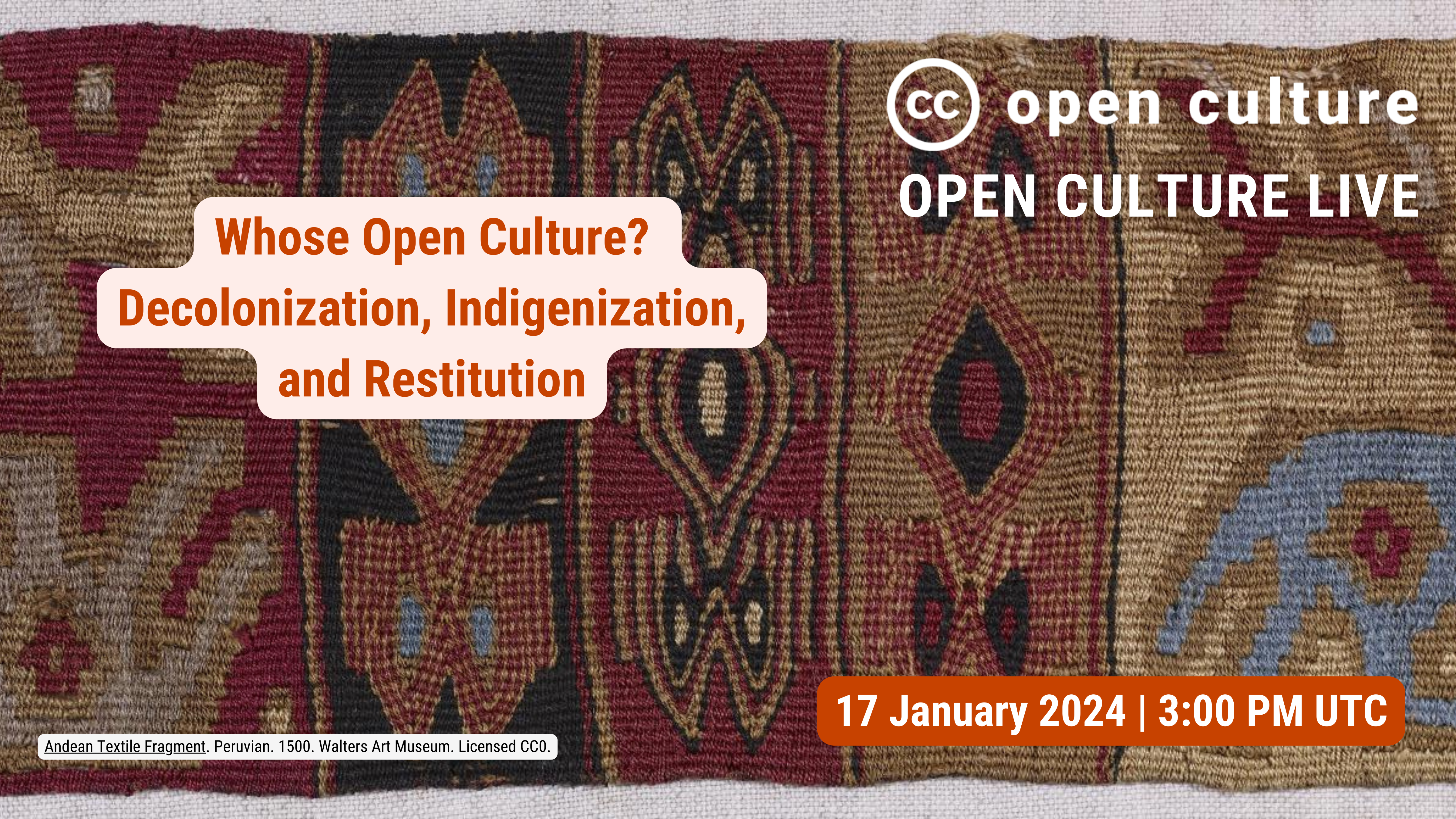CC Supports a new Digital Knowledge Act for Europe
lundi 12 février 2024 à 05:57
In December last year, the Communia Association for the Public Domain — of which Creative Commons (CC) is a member — asked the European Commission and European Parliament to consider the development of a Digital Knowledge Act. In this blog post, we offer some background on the proposal and explain why CC fully supports it.
Rationale for a Digital Knowledge Act
European knowledge institutions (libraries, universities, schools, etc.) as well as researchers face numerous copyright challenges in the digital environment. Access to academic publications, their reproduction for research purposes, text-and-data mining, etc. are all activities that are necessary to conduct serious research but are hampered by misaligned copyright rules, especially where cross-border collaboration is key.
As top EU institutions are gearing up for a new mandate for the next five years, a Digital Knowledge Act would enable knowledge institutions to fulfill their mission and offer the same services online as offline. Such a regulation could improve copyright law by introducing the following for the benefit of knowledge institutions:
- a unified research exception
- an EU-wide e-lending right
- a limited liability regime for those acting in good faith
- reasonable licensing conditions
- a right to circumvent technological protection measures.
CC’s work on policy and open knowledge
CC recognizes that equitable policy which enables and promotes open access (OA) is pivotal to making knowledge open. For example, in 2022 CC, in partnership with SPARC and EIFL, launched the Open Climate Campaign, a four-year project working to make the open sharing of research the norm in climate science. At the center of this work is partnering with national governments, private funders, and environmental organizations to develop open access policies for their grantees. Another project aims to identify recommended best practices for better sharing of climate data and yet another strives to promote open licensing for life sciences preprints. Through these OA policies and best practices we believe we can change the culture of sharing and promote the adoption of open practices for knowledge to grow and help solve the greatest challenges of our times.
Why we support this initiative
But discrete open access policies and best practices are not enough. Knowledge institutions need to be able to rely on a clear, harmonized, and supportive legal system that operates across borders. That is why CC’s policy work centers on promoting better sharing of knowledge and culture through global copyright reform. Knowledge institutions are pivotal actors in the fight against climate change and hold many of the keys to unlock knowledge. If we are going to solve the world’s biggest problems, the knowledge about them must be open, and institutions , which hold that knowledge in trust for the public, must be able to operate within a legal framework that is conducive to their core mission and purpose. A Digital Knowledge Act would provide such a structure at an EU-wide scale and would contribute to accelerating research, boosting scientific progress, and spurring knowledge-based innovation for a sustainable future.
For additional guidance on open knowledge policy, contact us at info@creativecommons.org
The post CC Supports a new Digital Knowledge Act for Europe appeared first on Creative Commons.

